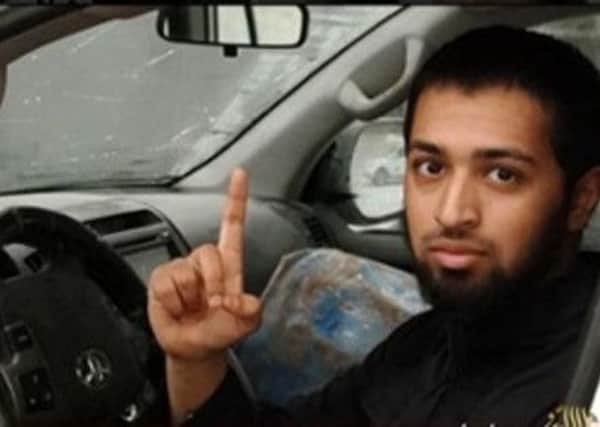Council is given money to help prevent terrorism


Kirklees council’s new status under the Prevent scheme comes amid increased efforts to stop more British young people being lured into terrorism as a result of online radicalisation and jihadi propaganda.
The authority is now getting extra funding from the Home Office to pay for a Prevent co-ordinator, a post it had previously been paying for itself, and the opportunity to bid for Prevent funding.
Advertisement
Hide AdAdvertisement
Hide AdThe move was welcomed by a Dewsbury councillor, Masood Ahmed, who said it was important to build on anti-extremism work already being carried out in the area.
An advert was recently placed in a national newspaper for the co-ordinator post, which comes with a salary of between £40,217 and £42,053.
Whoever gets the job will be “responsible for the co-ordination, delivery and communication” of local Prevent work aiming to stop people becoming terrorists or supporting terrorism.
The Home Office refused to give any details about which parts of the country are currently deemed Prevent priority areas, but Kirklees council said it had been given the status during this financial year.
Advertisement
Hide AdAdvertisement
Hide AdDewsbury was left in shock last month after it emerged that a local 17-year-old Talha Asmal, described as an “ordinary Yorkshire lad” by his family, had become Britain’s youngest suicide bomber.
Two months earlier, he was feared to have travelled to war-torn Syria with another local teenager, Hassan Munshi, after the pair flew together to Turkey.
In the days after the news emerged that Asmal had detonated a vehicle fitted with explosives in the Iraqi town of Baiji, Kirklees council released a statement saying it was “working with the police and community members to identify vulnerable members of our society and engage them before it is too late”.
The council has previously received funding under the Prevent strategy, which was downsized by the coalition Government before being expanded again in recent months, but had no financial support last year.
Advertisement
Hide AdAdvertisement
Hide AdMasood Ahmed, Labour councillor for Dewsbury South, said: “I welcome the funding for a Prevent co-ordinator which will enable bids to be made for more Home Office funding. It’s a step in the right direction.
“I do believe more needs to be done. It’s not just about curriculum-based stuff in schools, it’s about engagement across the community - there needs to be more dialogue and discussion across the board with a variety of groups and organisations.”
Coun Ahmed said a series of workshops on extremism had been held in local mosques during the Muslim festival of Ramadan but added that the Prevent programme had to engage people across the area.
“It’s not just about the South Asian community, it’s about the wider community living in and around the Dewsbury area. There needs to be trust and honesty, so people don’t feel isolated. Kirklees has to get the right person for this job, who can hit the ground running, be able to have honest and open dialogue with the wider communities in and around the area.”
Advertisement
Hide AdAdvertisement
Hide AdIt was reported in February that there are 30 Prevent priority areas which receive funding, and a further 14 supported areas which are given help with specific projects. Kirklees says its local work includes “challenging ideology that supports terrorism and those who promote it” and protecting the vulnerable from being drawn into terrorism.
A spokeswoman said: “The Kirklees Strategy recognises that extremism is often a process where there are opportunities to intervene and divert someone from the path to radicalisation.
“In Kirklees, the focus is around, where possible, preventing radicalisation or identifying risk at the earliest possible stage, and deterring people through appropriate support before it reaches a more severe and harmful level.”
In May, The Yorkshire Post reported that Leeds city council was taking on a new support worker who will link up with schools, youth groups and after-school organisations to ensure they know how to spot if young people are at risk of radicalisation.
Advertisement
Hide AdAdvertisement
Hide AdBut bosses said they faced a “great challenge” in meeting their new legal responsibility to help ensure vulnerable children in the city do not become involved in extremism. As part of the Counter-Terrorism and Security Act, passed this year, local authorities now have a duty to ensure that publicly-owned venues “do not provide a platform for extremists and are not used to disemminate extremist views”.
Cabinet minister Sajid Javid has called on fellow British Muslims to challenge “non-violent extremists” who support the ideology of Islamic State (IS). Mr Javid warned that people who promoted extremist views were making it easier for terrorists to recruit.